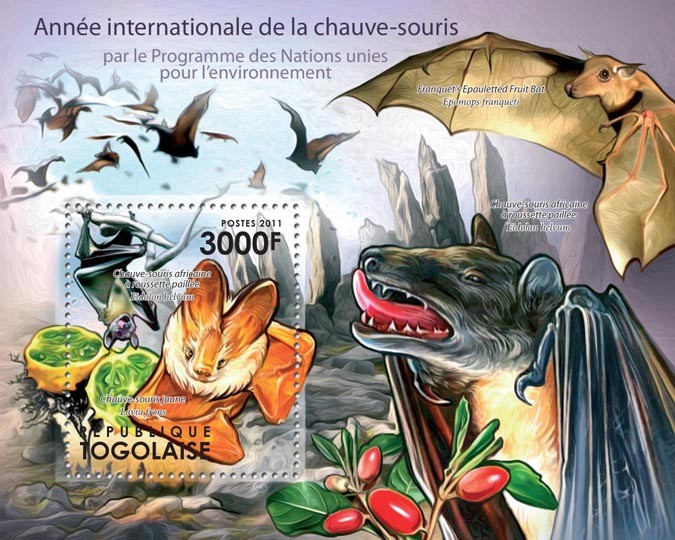For the past number of years, bat activity has been declining in Cape Breton and last year was no different. Since 2013, ACAP Cape Breton has monitored bat activity on the island. The organization recently wrapped up its fourth year of monitoring and has found a continued decline in bat activity in 2016. The continued decline is due to white nose syndrome, which is a fungal infection that attacks bats while they hibernate. It wakes them frequently from their slumber, leading to death from exposure and starvation. The findings show a 90-95 per cent decline in activity since 2013, based on two sites the organization has been monitoring since the start. In addition, a maternity colony in Sydney Forks that housed 270 bats two years ago was down to zero in 2016. Sarah Penny, environmental project co-ordinator for ACAP Cape Breton, said the overall decline was expected, but she still finds it disheartening. “Every other place that white nose syndrome has been detected has shown similar results — a 90-99 per cent decline in population,” said Penny. “It is useful for us to know that our data shows the same trend though. Many studies are based on counts of individual bats in roots or hibernation, but ours is based on acoustic data.” The white nose syndrome was first confirmed in Nova Scotia in 2011 and first detected in Cape Breton during the winter of 2013-14.
Source: Cape Breton Post, March 30, 2017
http://www.capebretonpost.com/news/local/2017/3/30/bat-activity-continu…

- Login om te reageren
